Best Orthopedic Surgeons in Artemis Hospital Gurgaon
 17 December,2025
Read More
17 December,2025
Read More
Starting From: USD 10225 - USD 18044
Laparoscopic Antireflux Surgery is affordable in India. The cost of Laparoscopic Antireflux Surgery in India lies between USD 10225 - USD 18044. The exact procedure price depends on multiple factors such as the surgeon's experience, type of hospital, severity of the condition, patient's general condition,�etc.
Gastroesophageal Reflux Disease (GERD) is a prevalent gastrointestinal disorder characterized by the regurgitation of stomach acid and other contents into the esophagus. While lifestyle modifications and medications can often manage milder cases of GERD, severe or chronic forms may necessitate surgical intervention. Laparoscopic Antireflux Surgery, also known as laparoscopic fundoplication, has emerged as a highly effective and minimally invasive approach to alleviate GERD symptoms and improve patients' quality of life.
GERD occurs when the lower esophageal sphincter (LES), a muscular ring that separates the esophagus from the stomach, fails to function properly. This leads to the backflow of stomach acid, causing symptoms like heartburn, regurgitation, chest pain, and difficulty swallowing. Chronic GERD can lead to complications such as esophageal ulcers, strictures, Barrett's esophagus, and even an increased risk of esophageal cancer.
The best candidates for Laparoscopic Antireflux Surgery (also known as laparoscopic fundoplication) are individuals who have been diagnosed with Gastroesophageal Reflux Disease (GERD) and meet specific criteria. The decision to undergo this procedure is typically based on a thorough assessment by a healthcare provider, including a gastroenterologist or surgeon. The following characteristics and circumstances make individuals potential candidates for Laparoscopic Antireflux Surgery:
It's important to note that each patient is unique, and the decision to proceed with Laparoscopic Antireflux Surgery should be based on a thorough evaluation by the healthcare team. The healthcare provider will consider the specific circumstances and needs of the individual patient to determine if this procedure is the most appropriate treatment option. Additionally, they will provide detailed information about the potential benefits and risks associated with the surgery.
Laparoscopic Antireflux Surgery is a minimally invasive procedure that involves several key steps:
Following Laparoscopic Antireflux Surgery, patients can expect a period of recovery and adjustment:
Laparoscopic Antireflux Surgery offers numerous advantages:
While Laparoscopic Antireflux Surgery is generally safe and well-tolerated, like any surgical procedure, there are potential risks, including infection, bleeding, adverse reactions to anesthesia, and rare complications related to the surgery itself.
Laparoscopic Antireflux Surgery has revolutionized the treatment of GERD, offering an effective and minimally invasive solution for individuals struggling with this chronic condition. By reinforcing the lower esophageal sphincter and preventing the backflow of stomach acid, this procedure provides lasting relief from GERD symptoms, significantly improving patients' overall quality of life. With advancements in surgical techniques and post-operative care, Laparoscopic Antireflux Surgery continues to be a cornerstone in the management of severe GERD. It is important for individuals considering this procedure to consult with their healthcare team to determine if it is the right option for their specific circumstances.
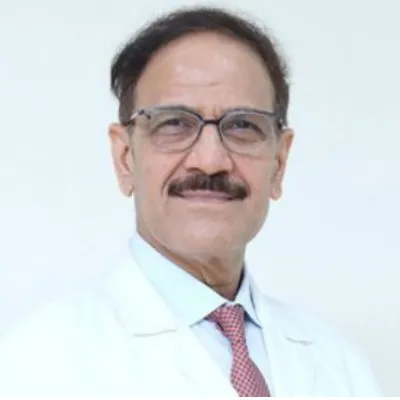
Chairman
Interventional Cardiologist
BLK-Max Super Speciality Hospital, New Delhi
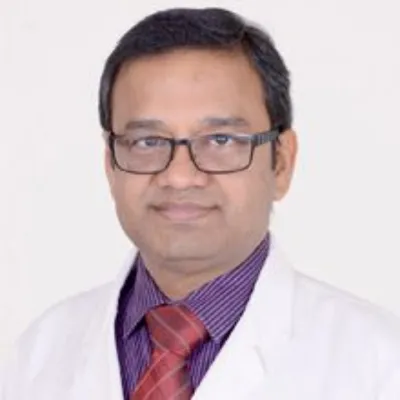
Director
Cardiologist, Interventional Cardiologist
Max Super Speciality Hospital, Saket, New Delhi
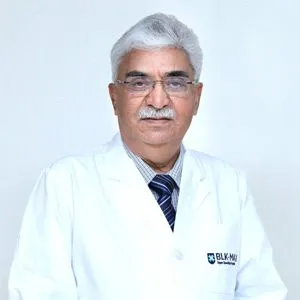
Chairman
Cardiac Electrophysiologist, Interventional Cardiologist
BLK-Max Super Speciality Hospital, New Delhi

Consultant
Interventional Cardiologist
Indraprastha Apollo Hospital, New Delhi
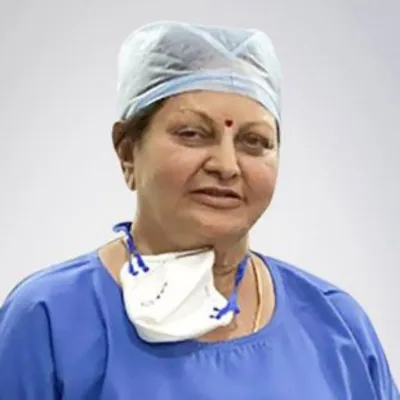
Head of Department (HOD)
Cardiologist
Nanavati Super Specialty Hospital, Mumbai
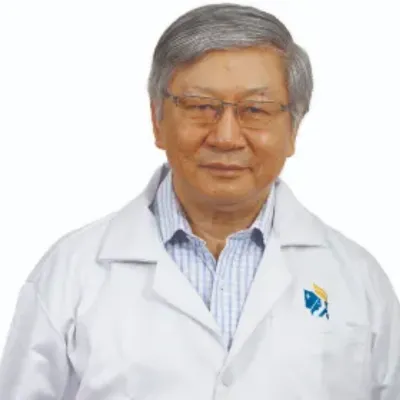
Consultant
Interventional Cardiologist
Apollo Hospital Chennai, Greams Road
Doctor of Pharmacy
Dr. Deepanshu Siwach is a skilled clinical pharmacist with a Doctor of Pharmacy degree.?He has 4+?years of experience and has worked with thousands of patients. He has been associated with some of the top hospitals, such as Artemis Gurgaon.
Dr. Deepanshu Siwach is a skilled clinical pharmacist with a Doctor of Pharmacy degree.?He has 4+?years of experience and has worked with thousands of patients. He has been associated with some of the top hospitals, such as Artemis Gurgaon....
Dr. Aseem Ranjan Srivastava is an experienced Pediatric Cardiothoracic Surgeon specializing in Minimal Access and Robotic Cardiac Surgery. He strongly recommends prompt corrective repair when possible....
The Art of Effective Communication
 17 December,2025
Read More
17 December,2025
Read More
 16 December,2025
Read More
16 December,2025
Read More
 10 December,2025
Read More
10 December,2025
Read More
 09 December,2025
Read More
09 December,2025
Read More
 05 December,2025
Read More
05 December,2025
Read More
 04 December,2025
Read More
04 December,2025
Read More